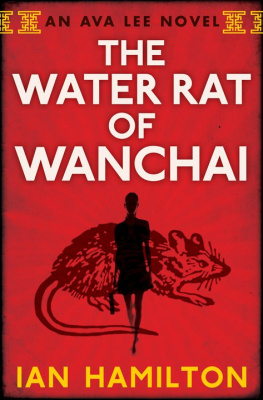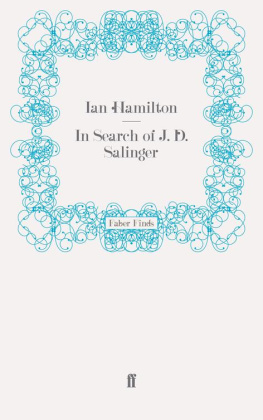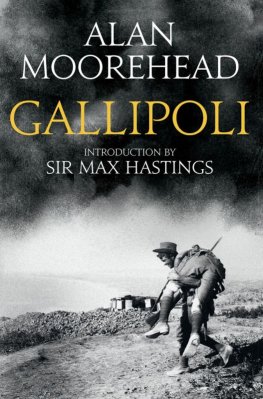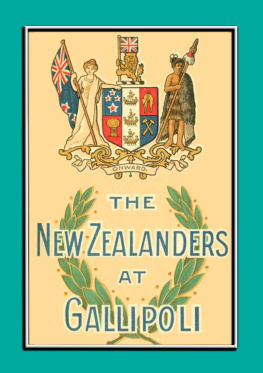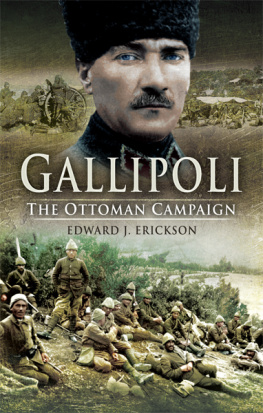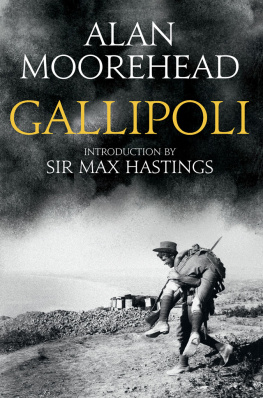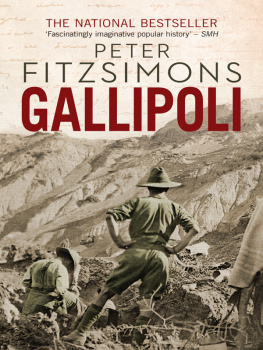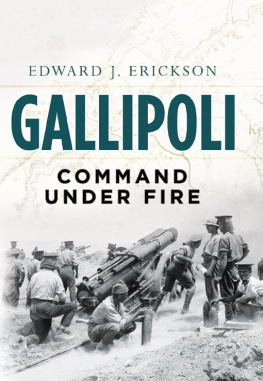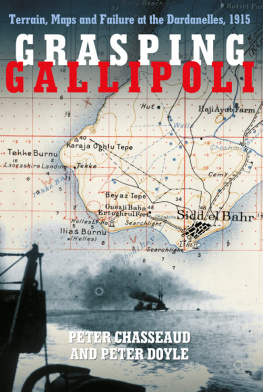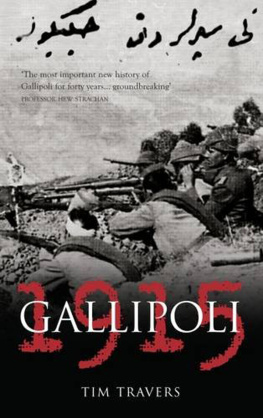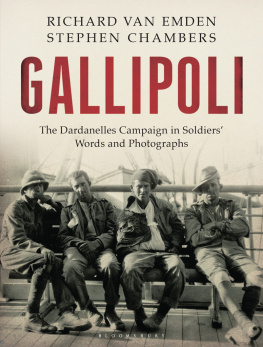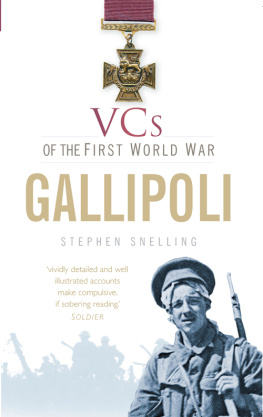PREFACE
Table of Contents
On the heels of the South African War came the sleuth-hounds pursuing the criminals, I mean the customary Royal Commissions. Ten thousand words of mine stand embedded in their Blue Books, cold and dead as so many mammoths in glaciers. But my long spun-out intercourse with the Royal Commissioners did have living issuemy Manchurian and Gallipoli notes. Only constant observation of civilian Judges and soldier witnesses could have shown me how fallible is the unaided military memory or have led me by three steps to a War Diary
(1) There is nothing certain about war except that one side won't win.
(2) The winner is asked no questionsthe loser has to answer for everything.
(3) Soldiers think of nothing so little as failure and yet, to the extent of fixing intentions, orders, facts, dates firmly in their own minds, they ought to be prepared.
Conclusion:In war, keep your own counsel, preferably in a note-book.
The first test of the new resolve was the Manchurian Campaign, 19045; and it was a hard test. Once that Manchurian Campaign was over I never put pen to paperin the diary sense
At the time, I am sure my diary was a help to me in my work. The crossings to and from the Peninsula gave me many chances of reckoning up the day's business, sometimes in clear, sometimes in a queer cipher of my own. Ink stands with me for an emblem of futurity, and the act of writing seemed to set back the crisis of the moment into a calmer perspective. Later on, the diary helped me again, for although the Dardanelles Commission did not avail themselves of my formal offer to submit what I had written to their scrutiny, there the records were. Whenever an event, a date and a place were duly entered in their actual coincidence, no argument to the contrary could prevent them from falling into the picture: an advocate might just as well waste eloquence in disputing the right of a piece to its own place in a jig-saw puzzle. Where, on the other hand, incidents were not entered, anything might happen and did happen; vide, for instance, the curious misapprehension set forth in the footnotes to pages 59, 60, Vol. II.
So much for the past. Whether these entries have not served their turn is now the question. They were written red-hot amidst tumult, but faintly now, and as in some far echo, sounds the battle-cry that once stopped the beating of thousands of human hearts as it was borne out upon the night wind to the ships. Those dread shapes we saw through our periscopes are dust: "the pestilence that walketh in darkness" and "the destruction that wasteth at noonday" are already images of speech: only the vastness of the stakes; the intensity of the effort and the grandeur of the sacrifice still stand out clearly when we, in dreams, behold the Dardanelles. Why not leave that shining impression as a martial cloak to cover the errors and vicissitudes of all the poor mortals who, in the words of Thucydides, "dared beyond their strength, hazarded against their judgment, and in extremities were of an excellent hope?"
Why not? The tendency of every diary is towards self-justification and complaint; yet, to-day, personally, I have "no complaints." Would it not be wiser, then, as well as more dignified, to let the Dardanelles R.I.P.? The public will not be starved. A Dardanelles library exists nothing lessfrom which three luminous works by Masefield, Nevinson and Callwell stand out; works each written by a man who had the right to write; each as distinct from its fellow as one primary colour from another, each essentially true. On the top of these comes the Report of the Dardanelles Commission and the Life of Lord Kitchener, where his side of the story is so admirably set forth by his intimate friend, Sir George Arthur. The tale has been told and retold. Every morsel of the wreckage of our Armada seems to have been brought to the surface. There are fifty reasons against publishing, reasons which I know by heart. On the other side there are only three things to be said
(1) Though the bodies recovered from the tragedy have been stripped and laid out in the Morgue, no hand has yet dared remove the masks from their faces.
(2) I cannot destroy this diary. Before his death Cranmer thrust his own hand into the flames: "his heart was found entire amidst the ashes."
(3) I will not leave my diary to be flung at posterity from behind the cover of my coffin. In case anyone wishes to challenge anything I have said, I must be above ground to give him satisfaction.
Therefore, I will publish and at once.
A man has only one life on earth. The rest is silence. Whether God will approve of my actions at a moment when the destinies of hundreds of millions of human beings hung upon them, God alone knows. But before I go I want to have the verdict of my comrades of all ranks at the Dardanelles, and until they know the truth, as it appeared to me at the time, how can they give that verdict?
IAN HAMILTON.
LULLENDEN FARM,
DORMANSLAND.
April 25, 1920.
LETTER FROM GENERAL D'AMADE TO THE AUTHOR
Table of Contents
Mon Gnral,
Dans la guerre Sud Africaine, ensuite en Angleterre, j'avais en spectateur vcu avec votre arme. Avec elle je souhaitais revivre en frre d'armes, combattant pour la mme cause.
Les Dardanelles ont ralis mon rve. Mais le lecteur ne doit pas s'attarder avec moi. Lire le rcit de celui mme qui a command: quel avantage! L'Histoire, comme un fleuve, se charge d'impurets en s'loignent de ses sources. En en remontant le cours, dans votre Journal, j'ai dcouvert les causes de certains effets demeur, pour moi des nigmes.
Au dbut je n'avais pas cru la possibilit de forcer les Dardanelles sans l'intervention de l'arme. C'est pour cela que, si la dcision m'et appartenus et avant d'avoir t plac sous vos ordres, j'avais song dbarquer Adramit, dans les eaux calmes de Mithylne, courir ensuite Brousse et Constantinople, pour y saisir les clefs du dtroit.
En prsence de l'opinitre confiance de l'amiral de Robecq j'abaissai mon pavillion de terrien et l'inclinai devant son autorit de marin Anglais. Nous fmes conquis par cette confiance.
Notre thtre de guerre de Gallipoli tait trs born sur le terrain. Ce front restreint a permis chacun de vos soldats de vous connatre. Autant qu'avec leurs armes, ils combattaient avec votre ardeur de grand chef et votre inflexible volont.
Dans le pass ce thtre qui tait la Troade, venait se souder aux ternels rcommencements de l'Histoire.
Dans l'avenir son domaine tait aussi vaste. "Si nos navires avaient pu franchir les dtroits, a dit le Premier Ministre Loyd Georges le 18 dcembre 1919 aux Communes, la guerre aurait t raccourcie de 2 ou 3 ans."
Il y a pire qu'une guerre, c'est une guerre qui se prolonge. Car les dvastations s'accumulent. Le vaincu qui a eu l'habilet de les viter son pays, se donnera, sur les ruines, des manires de vainqueur. Le premier but de guerre n'est il pas d'infliger l'adversaire plus de mal qu'il ne vous en fait?
Si nous avions atteint Constantinople dans l't 1915 c'tait alors terminer la guerre, viter la tourmente russe et tous les obstacles dresss par ce cataclysme devant le rtablissement de la paix du monde. C'tait pargner nos Patries des milliards de dpenses et des centaines de milliers de deuils.


